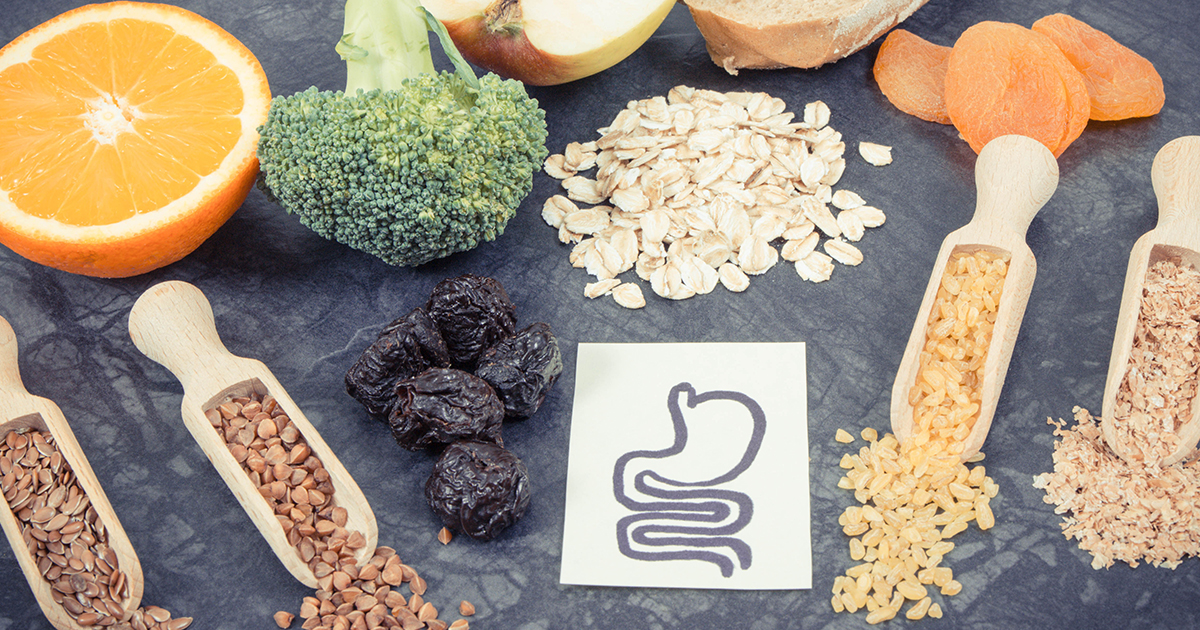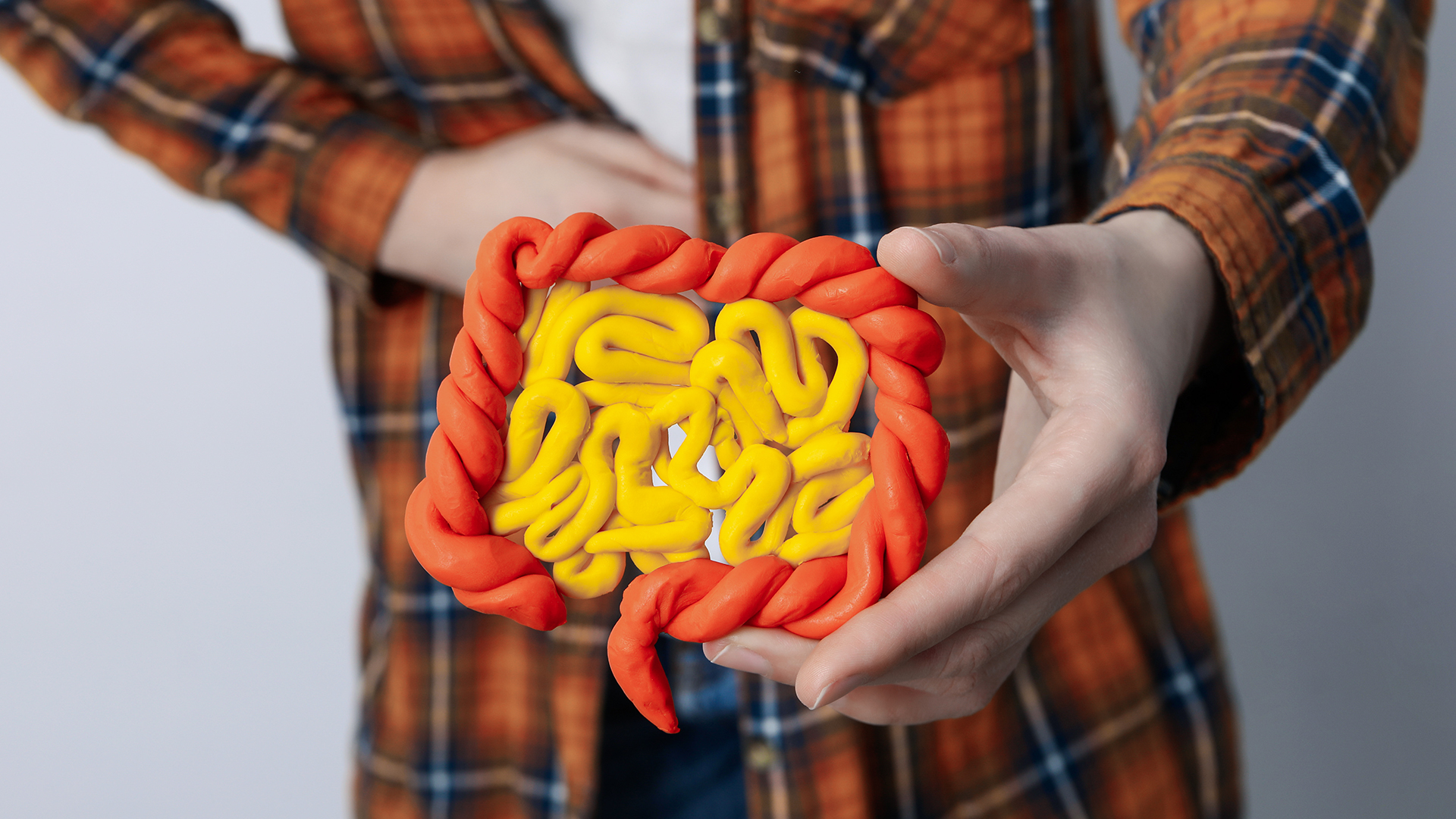Your stomach feels off, and you’re bloated after every meal. Nothing seems to help. Does this sound familiar? You might have leaky gut syndrome.
The root cause of leaky gut is chronic inflammation that damages the intestinal wall. This inflammation comes from poor diet, stress, medications, and infections. When the gut lining gets damaged, it becomes “leaky, ” letting harmful substances into the bloodstream.
Moreover, this triggers body-wide inflammation. As a result, you feel tired, bloated, and unwell. Let’s explore what causes this problem and how you can fix it.
What Exactly Is Leaky Gut?
Leaky gut happens when the intestinal wall becomes too permeable. Think of your stomach lining like a screen door. It usually lets good nutrients through while keeping bad stuff out.
However, when you have leaky gut, this “screen door” gets holes in it. Now toxins slip through into your bloodstream. Additionally, bacteria and undigested food particles enter, too. Your immune system sees these as invaders. Therefore, it attacks them, causing inflammation throughout your body.
Scientists call this condition “increased intestinal permeability.” Furthermore, research shows it’s measurable and tangible.
Is Leaky Gut Real or Recognised by Doctors?
Yes, leaky gut is real. However, doctors call it “increased intestinal permeability.” While not all doctors use the term “leaky gut syndrome,” the condition is scientifically proven.
Many gastroenterologists now recognise this condition. Similarly, functional medicine doctors treat it regularly. Research shows that increased intestinal permeability plays a role in various health problems. For example, it’s linked to inflammatory bowel disease and autoimmune conditions.
According to a 2022 study in Nature Reviews Gastroenterology, intestinal permeability affects up to 20% of healthy adults. This percentage increases significantly in people with chronic diseases.
Why Does Leaky Gut Develop?
What Foods Cause Leaky Gut?
Your food choices directly impact your gut health. Here’s what damages your intestinal lining:
- Processed foods contain chemicals and preservatives. These irritate your gut lining over time and cause leaky gut. Additionally, they lack nutrients your gut needs to heal.
- Sugar and refined carbs feed harmful bacteria. As a result, these bad bacteria multiply rapidly. They then produce toxins that damage your gut wall.
- Gluten triggers inflammation in sensitive people. Research from Harvard Medical School shows that it increases zonulin production, a protein that opens gaps in the gut lining.
- Alcohol directly damages your gut barrier. Even moderate drinking can increase intestinal permeability. A 2019 study found that just one drink can affect gut barrier function.
Can Stress Cause Leaky Gut?
Yes, chronic stress is a major cause of leaky gut. Stress doesn’t just affect your mind. It wreaks havoc on your digestive system, too.
When you’re stressed, your body produces cortisol. High cortisol levels reduce blood flow to your digestive system, and stress hormones weaken your gut barrier.
Research from Johns Hopkins shows that stress can increase intestinal permeability within hours. Furthermore, chronic stress keeps your gut in a constant state of inflammation.
What Medications Cause Leaky Gut?
Several common medications can damage your intestinal lining:
- NSAIDs (like ibuprofen) cause gut inflammation. Regular use can create holes in your gut lining. The American Gastroenterological Association warns that NSAIDs increase intestinal permeability by up to 300%.
- Antibiotics kill both good and bad bacteria, disrupting the balance of your gut microbiome. Without enough good bacteria, your gut lining becomes vulnerable.
- Proton pump inhibitors block stomach acid production. However, you need stomach acid for proper digestion. Low acid levels allow harmful bacteria to overgrow.
- Birth control pills alter your gut bacteria balance. They also affect hormone levels that influence gut health.
How Do Infections Cause Leaky Gut?
Harmful microorganisms directly damage your gut lining:
- Bacterial overgrowth occurs when harmful bacteria multiply rapidly. They crowd out beneficial bacteria. These harmful bacteria produce toxins that damage your intestinal wall.
- Candida overgrowth happens when this yeast grows out of control. Candida produces enzymes that break down your gut barrier. Research shows Candida can increase intestinal permeability by 40%.
- Parasites harm your gut lining directly. They attach to your intestinal wall and cause inflammation. Common parasites like Giardia are particularly damaging.
- H. pylori bacteria cause stomach ulcers and gut inflammation. This bacterium weakens your protective mucus layer. As a result, stomach acid can damage your gut lining.
What’s the Difference Between Leaky Gut and IBS?
Leaky gut is a structural problem. IBS (Irritable Bowel Syndrome) is a functional disorder.
Here’s how they differ:
Leaky Gut:
- Damaged intestinal lining
- Allows toxins into the bloodstream
- Causes body-wide inflammation
- Triggers food sensitivities
IBS:
- Normal intestinal structure
- Problems with gut muscle contractions
- Mainly affects digestion and bowel movements
- Symptoms include cramping and irregular bowel movements
However, you can have both conditions simultaneously. Many people with IBS develop leaky gut due to chronic inflammation. Additionally, leaky gut can trigger IBS symptoms.
How Can You Tell If You Have A Leaky Gut?
Common symptoms include chronic digestive issues and unexplained health problems. Here are the main signs:
Digestive symptoms:
- Chronic bloating and gas
- Stomach pain after eating
- Irregular bowel movements
- Food sensitivities
Body-wide symptoms:
- Fatigue after meals
- Skin problems like eczema
- Joint pain and stiffness
- Frequent infections
Mental symptoms:
- Brain fog and poor concentration
- Mood issues like anxiety
- Depression without a clear cause
- Sleep problems
Research shows that 70% of people with leaky gut experience multiple symptoms. Furthermore, symptoms often worsen after eating trigger foods.
How Do You Test for Leaky Gut?
Several tests can measure intestinal permeability accurately.
Medical Tests:
The lactulose/mannitol test is the gold standard. You drink a solution containing these sugars. Then you collect urine for 6 hours. If too much lactulose appears in your urine, you have leaky gut.
The zonulin test measures a protein that regulates gut permeability. High zonulin levels indicate increased intestinal permeability. This blood test is accurate and straightforward.
Comprehensive stool analysis checks for inflammation markers and measures beneficial bacteria levels. Low beneficial bacteria often indicate gut barrier problems.
At-Home Indicators:
- Food sensitivity reactions
- Digestive symptoms after eating
- Skin problems that won’t heal
- Chronic fatigue and brain fog
Work with a healthcare professional who understands gut health. They can order proper testing and interpret results accurately.
Can Leaky Gut Cause Autoimmune Diseases?
Research suggests leaky gut may trigger autoimmune conditions in genetically susceptible people. When your gut barrier is damaged, foreign substances enter your bloodstream. Your immune system attacks these invaders. However, it may also start attacking your own tissues.
Studies link leaky gut to several autoimmune conditions:
- Rheumatoid arthritis
- Type 1 diabetes
- Multiple sclerosis
- Celiac disease
- Crohn’s disease
A 2021 study in Frontiers in Immunology found that 80% of people with autoimmune diseases have increased intestinal permeability. However, it’s unclear if leaky gut causes these conditions. They may develop together instead.
What Foods Heal Leaky Gut?

Certain foods can help repair your gut lining naturally.
- Bone broth contains collagen and amino acids. These nutrients directly repair your gut lining. Additionally, bone broth is easy to digest.
- Fermented foods like yoghurt and kefir contain beneficial bacteria. These probiotics help restore your gut microbiome balance. Furthermore, they reduce inflammation.
- Omega-3-rich foods like salmon reduce gut inflammation. Research shows omega-3s can decrease intestinal permeability by 25%.
- Fibre-rich vegetables feed beneficial bacteria. These bacteria produce short-chain fatty acids. These compounds strengthen your gut barrier.
- Anti-inflammatory spices like turmeric reduce gut inflammation. Ginger also soothes digestive irritation.
Can Probiotics Fix Leaky Gut?
Probiotics can help heal leaky gut, but they’re not a complete solution. These beneficial bacteria support your gut lining and reduce inflammation.
Research shows certain probiotic strains strengthen your intestinal barrier:
- Lactobacillus plantarum
- Bifidobacterium longum
- Lactobacillus rhamnosus
- Saccharomyces boulardii
A 2020 study found that probiotics reduced intestinal permeability by 30% in 8 weeks. However, probiotics work best when combined with dietary changes. Think of them as one tool in your healing toolkit.
How Do You Heal Leaky Gut Naturally?
Healing leaky gut requires a comprehensive approach.
Fix Your Diet
Start with these gut-friendly changes:
Remove inflammatory foods:
- Processed foods and additives
- Excess sugar and refined carbs
- Gluten (if sensitive)
- Alcohol and caffeine
Add healing foods:
- Bone broth and collagen
- Fermented foods like sauerkraut
- Omega-3-rich fish
- Colourful vegetables and fruits
Manage Your Stress
Stress management is crucial for gut healing:
- Practice deep breathing exercises daily
- Try meditation or yoga regularly
- Get 7-9 hours of quality sleep
- Exercise moderately (don’t overdo it)
Support Your Gut Bacteria
Your gut needs good bacteria to stay healthy:
- Take a quality probiotic supplement
- Eat prebiotic foods like garlic and onions
- Avoid unnecessary antibiotics
- Consider digestive enzymes with meals
Work With a Healthcare Provider
If symptoms persist, see a doctor who understands gut health. They might recommend:
- Comprehensive stool testing
- Food sensitivity testing
- Specific supplements like L-glutamine
- Treatment for underlying infections
How Long Does It Take to Heal Leaky Gut?
Most people see improvements in 4-12 weeks with consistent changes. However, complete healing can take several months to a year, depending on how damaged your gut is initially.
Research from the University of Maryland shows that gut lining cells regenerate every 3-5 days. However, restoring the complete gut barrier takes longer. Additionally, rebalancing your microbiome requires time.
The key is consistency. Small daily changes add up to significant improvements over time. Furthermore, patience is essential during the healing process.
Conclusion
A leaky gut happens when your gut lining gets weak and allows harmful things to slip into your body. The main reason is ongoing inflammation, which can come from poor diet, stress, medicines, or infections. The good news is, you can heal it with the proper steps. Eating healthy foods, managing stress, avoiding triggers, and supporting your gut bacteria give your body a chance to repair itself. Healing takes time, but with patience and consistency, your gut can strengthen again, and your overall health will improve.
Frequently Asked Questions
What foods should I avoid with leaky gut?
Avoid processed foods, excess sugar, gluten (if sensitive), alcohol, and any foods you’re allergic to. Instead, focus on whole, unprocessed foods that nourish your gut.
Can stress really cause leaky gut?
Yes, chronic stress increases cortisol levels. High cortisol damages your gut lining and reduces beneficial bacteria. Therefore, managing stress is essential for gut health.
Do I need expensive supplements to heal a leaky gut?
Not necessarily. First, start with dietary changes and stress management. Basic probiotics and digestive enzymes can help. However, focus on whole foods as your foundation.
How do I know if my gut is healing?
You’ll notice less bloating and better energy levels. Additionally, food sensitivities will improve. Your mood will also become more stable. Symptoms typically improve gradually over several weeks.
Can leaky gut cause other health problems?
Yes, leaky gut is linked to autoimmune conditions and allergies. It also contributes to skin problems and mood disorders. Healing your gut often improves these related issues.
Is leaky gut the same as SIBO?
No, SIBO (Small Intestinal Bacterial Overgrowth) occurs when bacteria grow in the wrong part of your gut. However, SIBO can contribute to leaky gut development over time.

